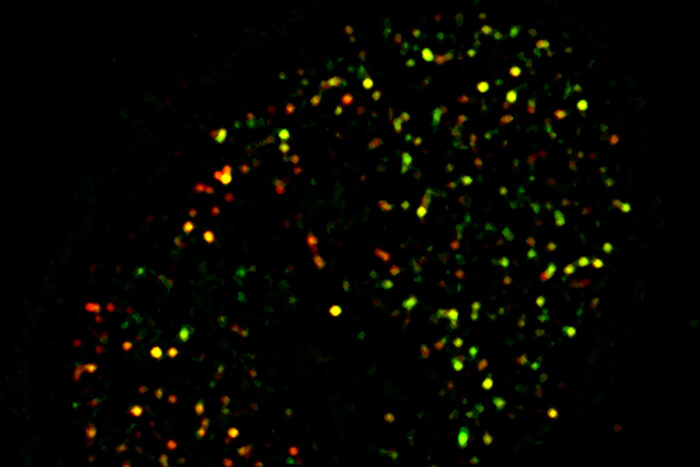
ETH researchers have developed a new gene switch that can be activated using a commercially available nitroglycerine patch applied to the skin. One day, researchers want to use switches of this kind to trigger cell therapies for various metabolic diseases.
The body regulates its metabolism precisely and continuously, with specialized cells in the pancreas constantly monitoring the amount of sugar in the blood, for example. When this blood sugar level increases after a meal, the body sets a signal cascade in motion in order to bring it back down.
In people suffering from diabetes, this regulatory mechanism no longer works exactly as it should...
Read More









Recent Comments